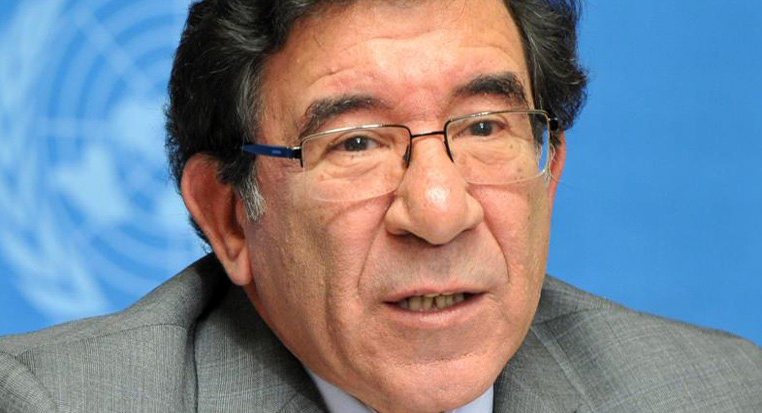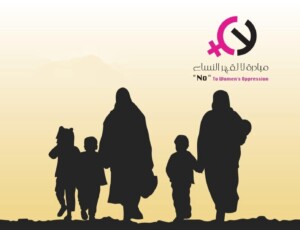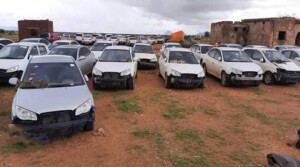UN human rights expert calls for Sudanese forces to be held accountable for violations

UN Expert on the Situation of Human Rights in Sudan, Radhouane Nouicer (Photo: UN)
KHARTOUM –
The UN Expert on the Situation of Human Rights in Sudan, Radhouane Nouicer, has called for a speedy accountability of the security forces accused of committing human rights violations. At a press conference in Khartoum on Thursday, at the conclusion of his five-day first official visit to the country since his appointment in December*, Nouicer urged lifting immunities on legal prosecution of members of the security forces involved in human rights violations. He called for drawing up a clear roadmap for the reform of the security sector.
The former Tunisian diplomat stressed the need for human rights and accountability to be central topics in the programme of the next government. The establishment of a transitional justice commission should be at the top of the next stage’s priorities.
The Sudanese authorities must also work out a zero-tolerance policy for sexual violence against women and put in place the necessary measures to stop it.
The UN expert welcomed the human rights commitments contained in the Framework Agreement.
Imposing the Emergency Law should be restricted, he said, as it is used to detain people for long periods without respecting their rights to fair legal process, as happened to about 350 people in West and North Darfur last year.
He expressed his deep concern about the decline in the enjoyment of economic, social and cultural rights for the Sudanese, including basic services, due to the deterioration of the economy, the increase in the cost of living, and the increase in taxes and fees, without an increase in incomes.
The independent expert for human rights called for providing security and political commitment to resolving the underlying causes of the conflict for the return of the displaced to their villages.
In a press statement, he pointed out that the displaced in El Geneina have been displaced repeatedly as a result of armed attacks against their communities, and the perpetrators have not been held accountable.
He said that the inability to take action to protect the people of Darfur will lead to more conflict and an increase in the number of people who depend on humanitarian aid in a land rich in natural resources.
He called for all those responsible for human rights violations and abuses committed during the conflicts in Sudan to be held accountable, in accordance with legal procedures and without undue delay.
He said that accountability and transitional justice issues require credible practical mechanisms that address past crimes and their root causes and provide a legal infrastructure that prevents their recurrence.
During this visit, which will end on 3 February, he will meet with senior Government officials, representatives of civil society organizations, human rights defenders, heads of UN entities and members of the diplomatic corps. He will also be following up on actions taken by the Sudanese authorities to implement the recommendations made by his predecessor, Adama Dieng, and on commitments made to the UN High Commissioner for Human Rights, Volker Türk, when he visited the country in November last year.
The expert’s findings during the visit will contribute to High Commissioner Türk’s oral update to the 52nd session of the UN Human Rights Council on March 3, 2023 on the human rights situation in Sudan. It will also contribute to the High Commissioner’s comprehensive report on the situation to the 53rd session of the Human Rights Council in June.
* Radhouane Nouicer, who served as Secretary of State for Foreign Affairs for the Tunisian Transitional Government in 2011, was designated UN Expert on the situation of the human rights in the Sudan on December 16, 2022, pursuant to Human Rights Council resolutions A/HRC/S-32/1 and A/HRC/50/1. Nouicer has held senior positions at the UN for over 30 years, including at the UN Refugee Agency (UNHCR) and the Office for the Coordination of Humanitarian Affairs (OCHA).











 and then
and then